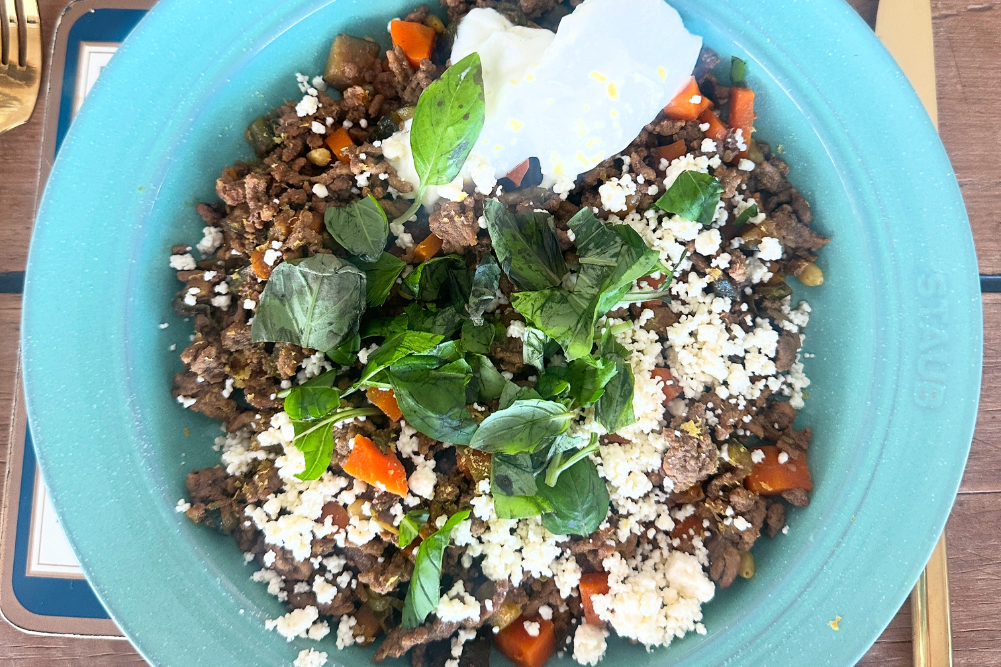Effects of protein supplements on weight
Most people who work out are consuming various types of protein supplements. That’s because, protein is important for muscle growth and repair and it helps maintain a healthy weight.
Protein supplements are available in ready-to-drink, powdered or solid forms. They often contain whey, casein and proteins and can help in weight gain, weight loss and weight management depending on how they are incorporated in a meal plan.
Sometimes protein supplements are the main meal or consumed as a snack.
On the other hand, consuming protein supplements between meals resulted in weight gain.
But does it make a difference when protein supplements are consumed? And what effect will it have on your weight management goals?
Researchers from Purdue University identified 34 studies with 59 intervention groups that were related to this topic from a database of more than 2000 articles.
The studies were selected based on specific factors — inclusion of healthy adults, evaluating consumption of protein supplements between meals or with meals, whether results showed a change in lean muscle mass. All studies had a minimum of six weeks duration.
The analysis of studies found that protein supplementation effectively increased lean mass for all groups. It also found that consumption of a protein supplement with meals helped maintain their body weight while decreasing their fat mass.
On the other hand, consuming a protein supplement between meals resulted in weight gain.
This effect probably takes place as people do not adjust for the calories consumed during meal times and the extra calories consumed between meals, leads to weight gain.
If you are looking to lose weight or manage your weight, then consuming some type of protein supplement as a snack will not help you at all but will result in weight gain.
But if you do want to put on some weight, then protein supplements between meal times will help your cause.
Source: Nutrition Reviews








